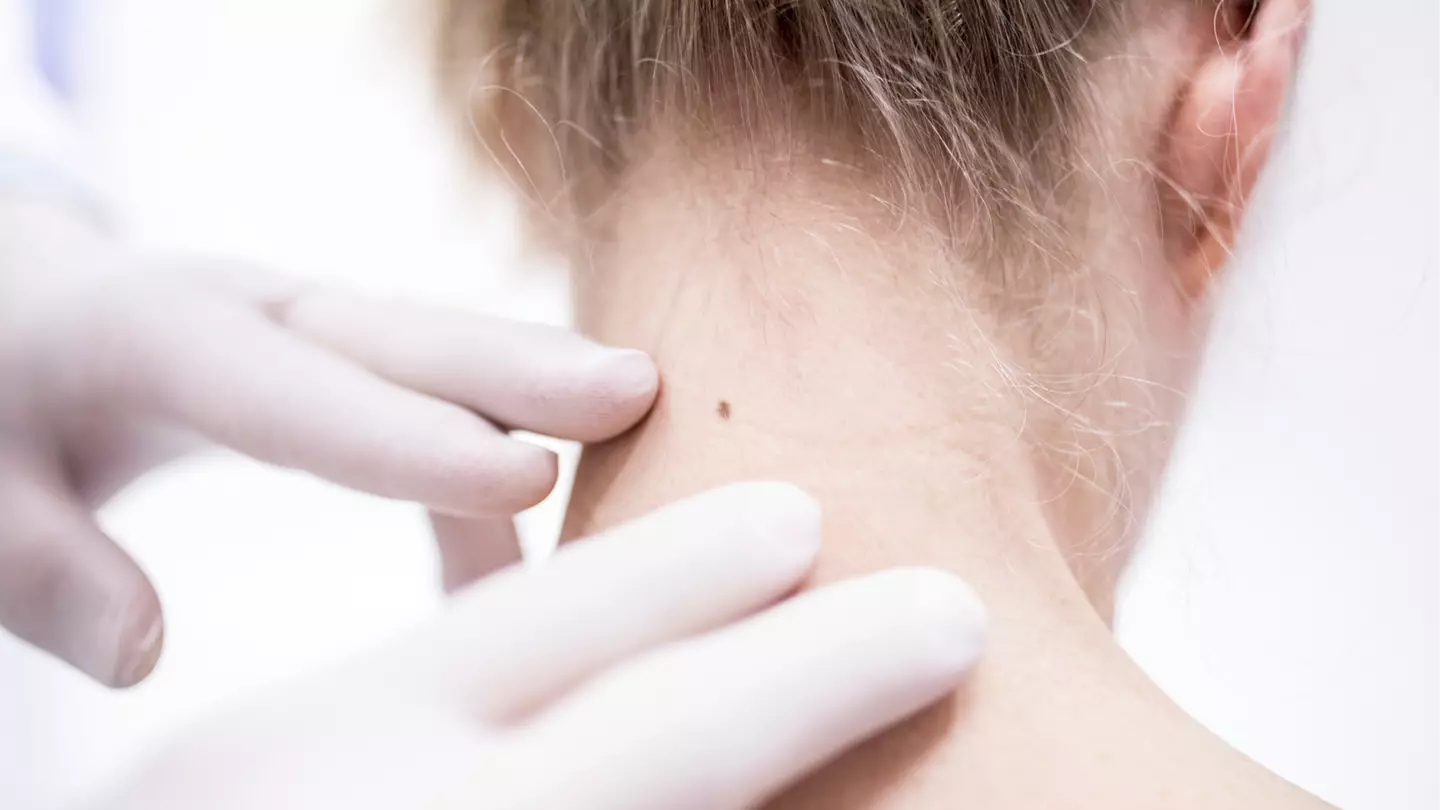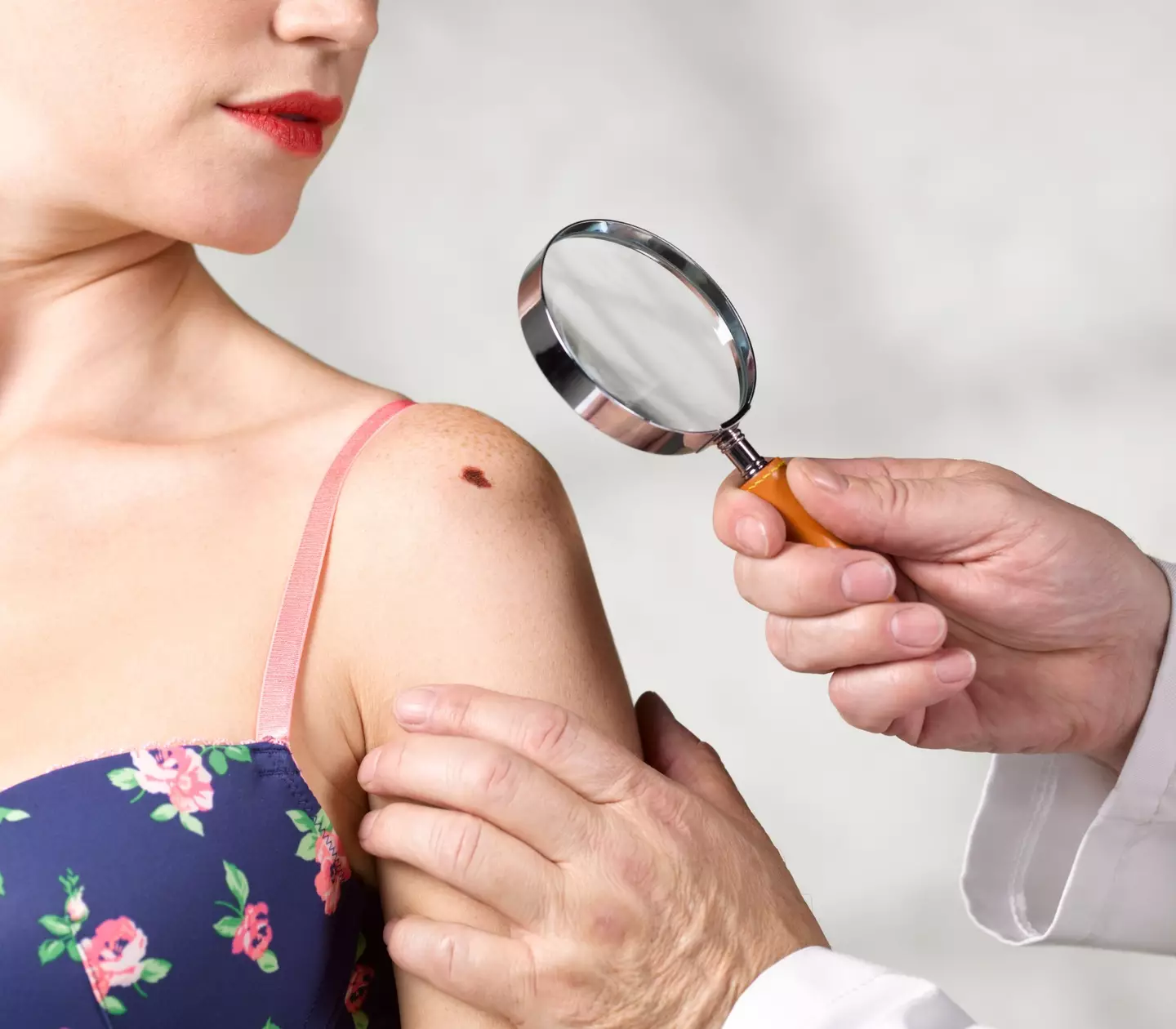
Doctors have revealed the 'self-checks' people should be doing every three weeks to look for specific cancers, after emphasising the importance of catching the disease early.
It's been made pretty clear that catching the symptoms of cancer early can be the difference between life and death.
But when you have absolutely no medical knowledge, it's hard to know what exactly you should be looking for.
Cancer is most treatable the earlier it is caught, but an NHS survey revealed that only 39 percent of Brits examine our bodies regularly.
Advert
As a result, doctors have revealed a list of simple checks that you can do on your own body, roughly every three weeks.
Speaking to the Telegraph, Dr Richard Lee, a champion for early cancer diagnosis, said: "The earlier that a cancer is diagnosed, treatments are easier [to tolerate] and treatment success is more likely."
Unexplained weight loss
One thing to be aware of is weight loss, according to the expert.
He noted: "Cancer can be associated with reduced appetite and weight loss, essentially due to the metabolic effects of the cancer on the body."
But this isn't the only thing you can keep an eye on.
Checking for lumps

Assessing your body for lumps is another really important form of self-checking.
Examining yourself can lead to the detection of something you know isn't right for you, but it's also helpful to work out what is normal and right for you.
This can be more helpful for some cancers rather than others.
The NHS advises that breast cancer typically presents itself as a hard, irregular, painless lump.
But it can also be accompanied by dimples or changes in the appearance of the nipple.
Swelling
Looking for swelling rather than lumps could also be an indication of lymphoma, which usually consists of painless swelling that forms around the body’s lymph nodes.
Consultant haemato-oncologist Dr Premini Mahendra also told the Telegraph you should look for swelling 'most commonly in the neck, the armpit and the groin'.
Viral infections can cause swelling too, but this tends to be painful. Lymphoma causes painless swelling which persists for at least two weeks.
Unusual moles

Another check that Dr Lee recommends is to look for unusual moles, which could be an indication of skin cancer.
Knowing whether a new spot or discolouration is something more sinister is always hard to assess, but being aware of changes is extremely important.
The expert said: "Essentially, you’re looking for anything that’s changing; which doesn’t really look as it did previously.
"So, either a new mole, an existing mole which is now bleeding or looking more lumpy than before, or looking more irregular.
"Or a sore that isn’t healing, is very painful or seems to be spreading."
Unexplained bruising
Unexplained bruising is another symptom to look out for, and could be an indication of leukaemia.
Of course, it's important to note that small changes often have completely different explanations, and that not all changes indicate cancer.
Leukaemia is a blood cancer, and can be one of the more aggressive cancers, if not spotted early.
Dr Mahendra noted: "Patients also sometimes feel unusually fatigued, they’re getting recurrent infections, or they have unexplained shortness of breath."
